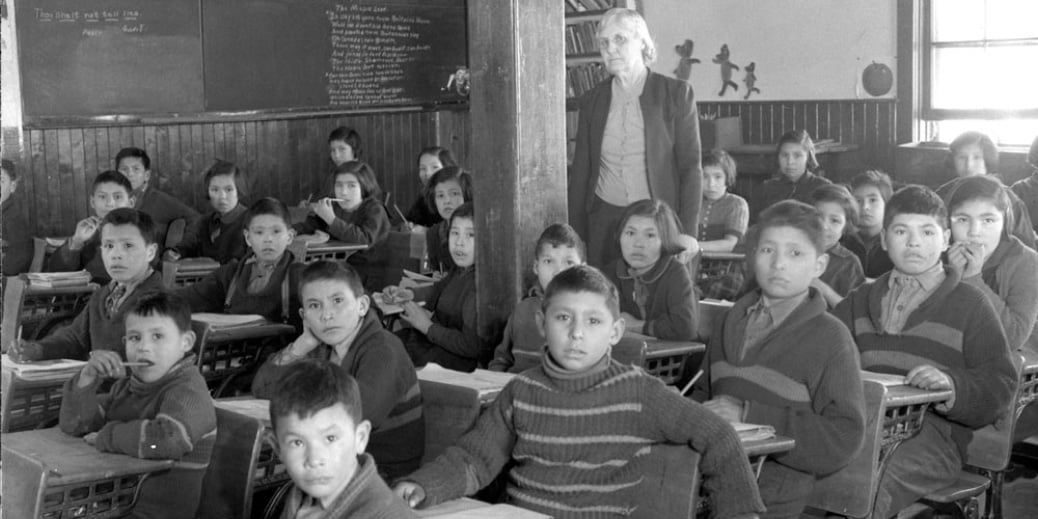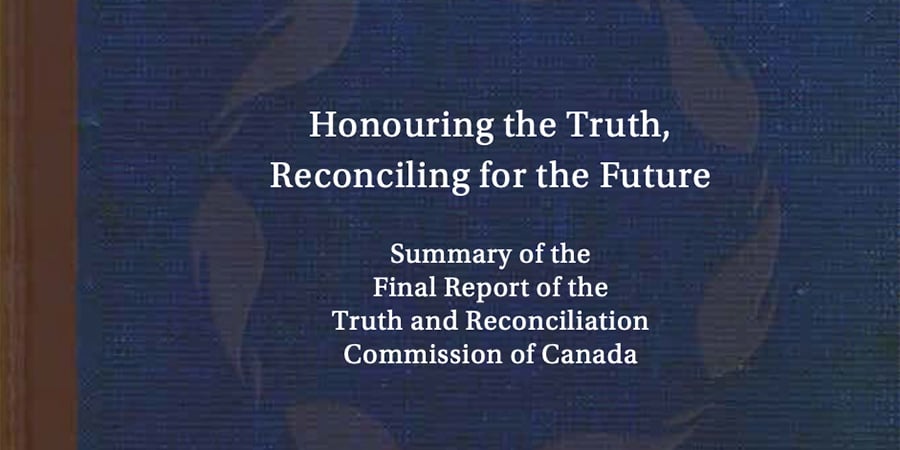1 min read
Indian Residential Schools Legacy - Learn More, Read More
It is important for those who did not attend an Indian residential school to remember that the legacy of those dark halls did not end with Prime...

When launching a First Nation recruitment strategy, it’s important to approach the interview process with empathy and cultural awareness. Structured encounters such as interviews in which a person of authority is asking questions of a First Nation person can be anxiety-inducing for the interviewee. It can be as overwhelmingly uncomfortable for a young person new to the work environment as it is for an older First Nation person who may have suffered through residential school trauma and has strongly negative reactions to this type of encounter. Keep in mind that while the residential school program closed its last institution in 1996, the effects of residential school abuse are inter-generational and strongly influence how survivors and their children and grandchildren react to authority.
NOTE: In 2019, former students of Kivalliq Hall in Rankin Inlet in what is now known as Nunavut won a court battle to have Kivalliq Hall included as an IRSSA-Recognized School. While this 2015 article states that the last residential school in Canada to close was in 1996, Kivalliq Hall's closing in 1997 is an important detail to note when recounting and learning about Indigenous history.
Here are the 8 tips to consider for your interviewing success:
We hope these initial 8 tips for interviewing First Nation candidates will be of use to your organization. To learn more about employing Indigenous Peoples, we recommend our Indigenous Employment: Recruitment & Retention training.
Featured photo: Unsplash

1 min read
It is important for those who did not attend an Indian residential school to remember that the legacy of those dark halls did not end with Prime...

I wrote this article because I frequently see postings on Facebook asking people to “like” the “Merry Christmas” greeting and denounce the “Happy...

1 min read
The Truth and Reconciliation Commission released its summary report and findings on June 2, 2015, after six years of hearings and testimony from more...